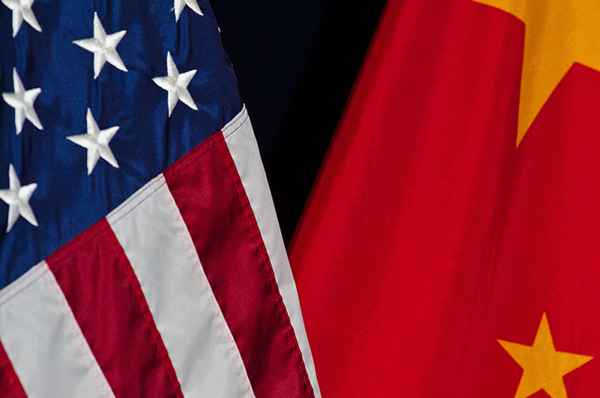“Tariff retaliation” by China may occur sooner than later say trade and supply chain experts.
Analysts for Panjiva, a leading provider of transparent and independent ratings, benchmarks, analytics and data to the capital and commodity markets worldwide, say China's reaction has been swift.
They note in a recent bulletin following the Trump administration's section 301 tariffs relating to Chinese IP practices, that they have hit back with a 25% rate increase.
Furthermore, China’s duties cover products worth $53.5 billion in imports from the U.S. in 2017 and come on top of $3 billion of goods already covered from China's reaction to the earlier section 232 metals case.
Rosemary Coates, the executive director of the Reshoring Institute and president of Blue Silk Consulting says she saw this coming some time ago.
“Trade wars are not straightforward,” observes Coates. ‘In fact, China is likely to bite back where it really hurts America – in agricultural products. It is American farmers who will be damaged in return for Trump's imposed U.S. tariffs on high tech products. The U.S. proposed tariff list covers 1,300 items, including high-definition video monitors, electromagnets used in MRI machines, aerospace products, and other machinery.”
Coates, a regular contributor to Supply Chain Management Review, also notes that our global supply chains are an interwoven tapestry of parts, worldwide manufacturing, and global markets that cannot be easily unwound on a whim or to please a political base.
“Over the past 25 years, Americans in particular, have benefitted from inexpensive consumer goods, industrial products, and parts coming from China,” she says. “China has benefitted too, lifting 120 million people out of poverty into the Chinese middle class and making China the second largest economy in the world.”
She adds that the Reshoring Institute supports the rebuilding of manufacturing in America through innovation, automation and localization.
“Trade wars are not a good way forward,” she concludes.
SC
MR


Latest Supply Chain News
- How S&OP provides the answer to in-demand products
- AI, virtual reality is bringing experiential learning into the modern age
- Humanoid robots’ place in an intralogistics smart robot strategy
- Tips for CIOs to overcome technology talent acquisition troubles
- There is still work to do to achieve supply chain stability
- More News
Latest Podcast

 Explore
Explore
Business Management News
- How S&OP provides the answer to in-demand products
- AI, virtual reality is bringing experiential learning into the modern age
- Tips for CIOs to overcome technology talent acquisition troubles
- There is still work to do to achieve supply chain stability
- Blooming success: The vital role of S&OE in nurturing global supply chains
- Supply chain salaries, job satisfaction on the rise
- More Business Management
Latest Business Management Resources

Subscribe

Supply Chain Management Review delivers the best industry content.

Editors’ Picks





